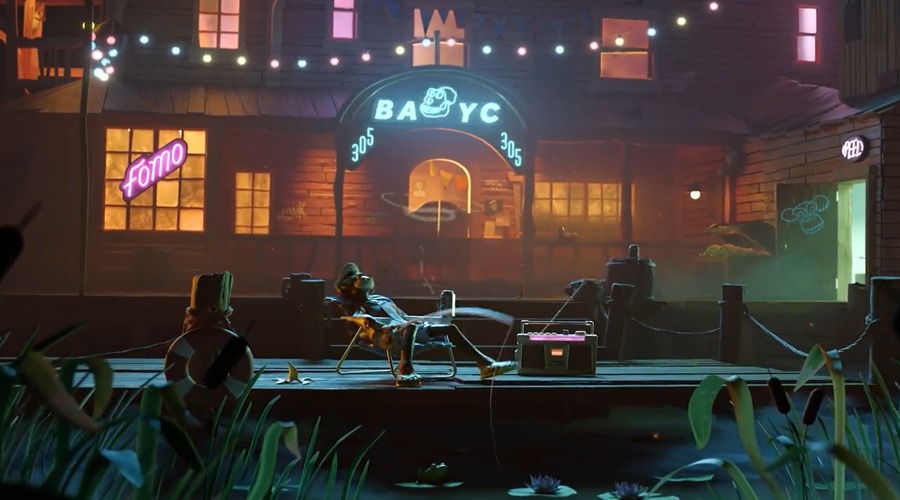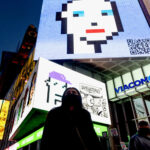
Bored Ape Yacht Club Scores Victory in Pivotal NFT Copyright Case
- summy Morphe
- April 24, 2023
- NFT
- BAYC, intellectual property rights, NFT, Trademark infrigement, Yuga labs
- 0 Comments
Bored Ape Yacht Club (BAYC), a leading non-fungible token (NFT) collection, has secured a major legal win over Jeremy Cahen and Ryder Ripps in a copyright and trademark infringement dispute. The US judge’s ruling supports NFT creators’ intellectual property rights and sets a precedent for future cases.
Yuga Labs Takes Legal Action Against Copycats
Yuga Labs, BAYC’s creator, initiated legal action against multiple copycat projects that replicated their distinctive digital artwork. These imitations threatened the original BAYC collection’s value and authenticity, prompting Yuga Labs to file a lawsuit against the infringers.
The NFT community closely followed the case, as its outcome would influence the industry’s legal landscape. With NFTs gaining immense popularity, concerns over digital art’s authenticity and uniqueness have become increasingly significant.
Landmark Ruling Supports Intellectual Property Rights
The judge ruled in favor of Yuga Labs, granting them a crucial legal victory that upholds NFT creators’ intellectual property rights. This decision is expected to impact the NFT space by providing a legal framework for protecting digital art originality and discouraging future copycats.
The ruling emphasizes the growing need for copyright protection in the digital art world. As the NFT market rapidly expands, robust legal frameworks are essential to safeguard creators’ rights. The BAYC win may inspire other NFT creators to pursue legal action against potential infringers, ensuring their intellectual property remains protected.
Future Challenges for Copyright Law in the Digital Age
While the BAYC case is a major advancement for NFT creators’ rights, it also raises questions about copyright law in the digital age. As the NFT market evolves, it remains uncertain how existing legal frameworks will adapt to protect creators and collectors.
The BAYC ruling is both a warning to potential infringers and a victory for the NFT community. It validates digital art ownership and reinforces the importance of originality in the rapidly growing NFT space.


